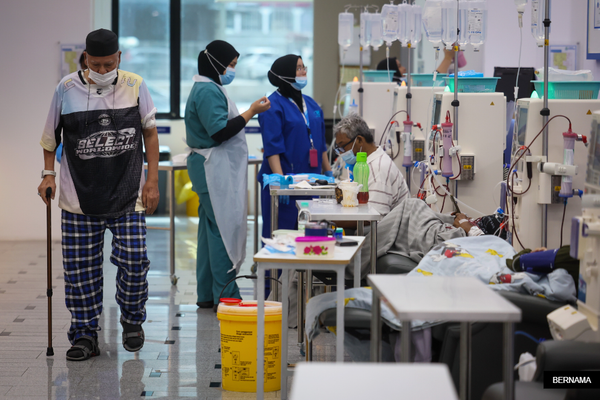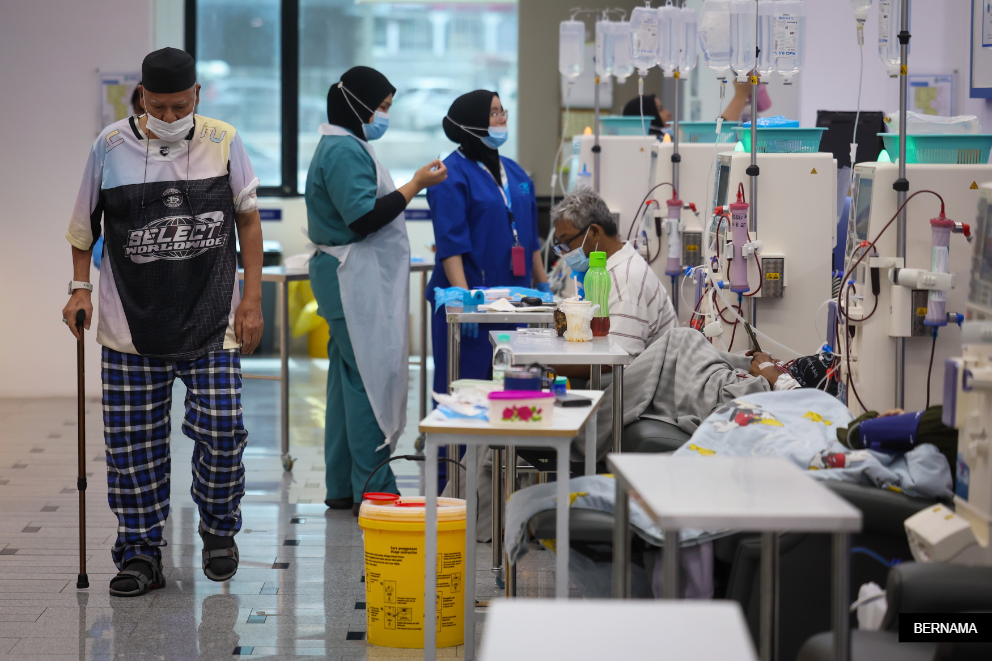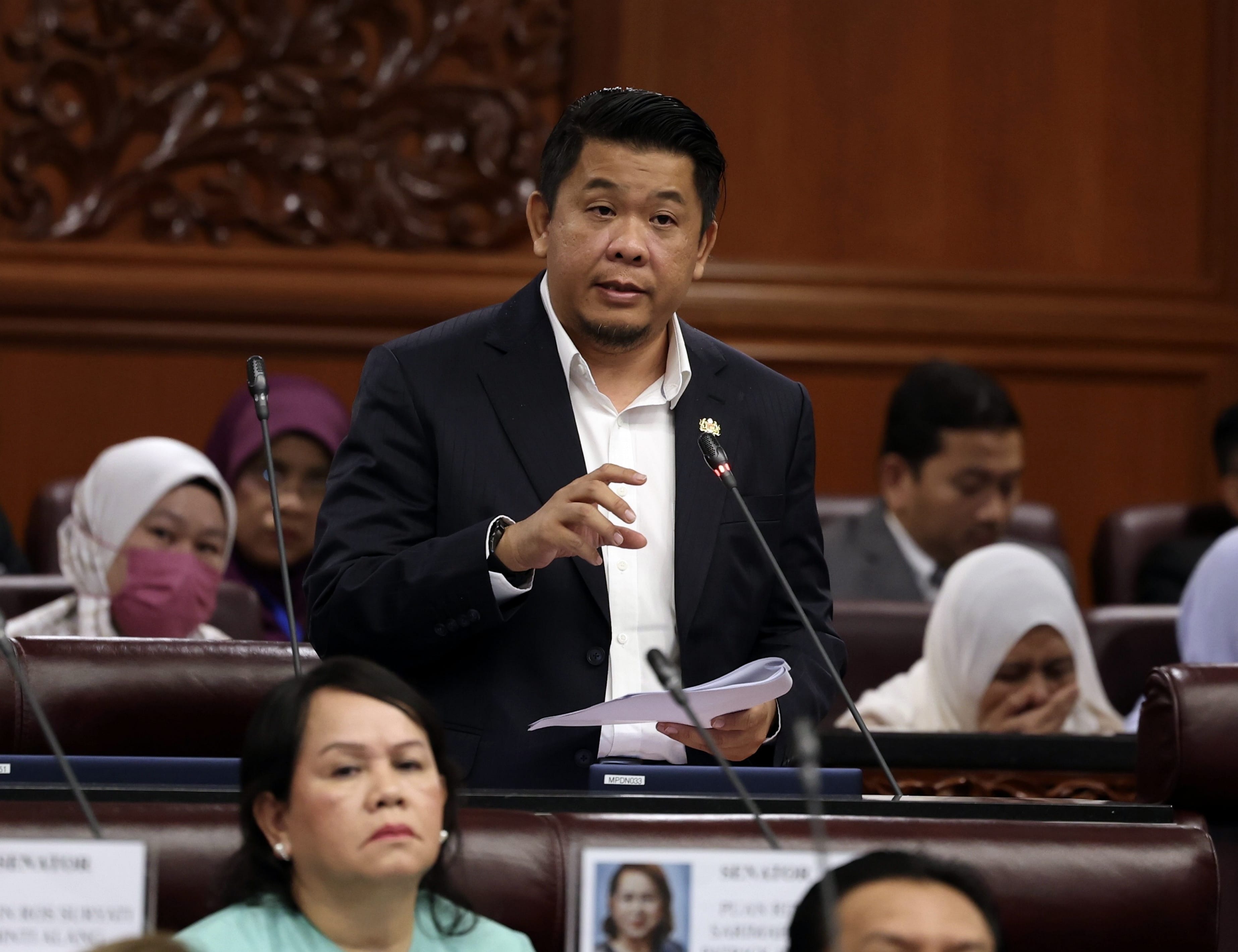KUALA LUMPUR, Sept 10 — The Dewan Negara was told that the Health Ministry (MOH) has been covering almost the entire cost of dialysis treatment for underprivileged patients, providing subsidies of up to RM1,630.50 per month.
Deputy Minister Datuk Lukanisman Awang Sauni said this applies to hemodialysis treatments conducted at 138 MOH-recognised non-governmental organisation (NGO) dialysis centres, where patients only need to pay a nominal fee of no more than RM10 monthly.
“A subsidy of RM100 is provided for each hemodialysis session, up to a maximum of 14 sessions per month, along with erythropoietin injections valued at RM18.50 each, up to 13 injections monthly.
“The total cost for one patient’s treatment amounts to RM1,640.50, with the government subsidising RM1,630.50. The subsidy approval is valid for two years and can be renewed upon application after the period ends,” he said in reply to Senator Tan Sri Prof Dr Mohamed Haniffa Abdullah during Question Time.
The senator had inquired about the MOH's long-term plans to manage and contain rising dialysis costs, ease the financial burden on B40 patients, and optimise public funding allocations.
Lukanisman noted that the increasing prevalence of chronic kidney disease (CKD), driven by risk factors like diabetes, hypertension, and obesity, has steadily escalated the cost burden of dialysis treatments.
To address these challenges, the MOH is implementing a comprehensive approach encompassing prevention, early detection, and disease management at the community level, including introducing kidney health education in schools and limiting the use of non-prescription medications that may harm kidney function.
He added that it is also strengthening the Peritoneal Dialysis First (PD First) policy to improve treatment access for patients in rural areas. This method is more cost-effective, flexible, and can be performed at home, significantly reducing travel expenses.
“In places like Belaga, Sarawak, patients currently travel up to four hours to Bintulu for treatment. With PD First, patients can receive care at home, provided there is a clean water supply and adequate space.
“However, acceptance of the policy remains low due to a lack of incentives and infrastructural constraints, including access to clean water. Hence, the MOH welcomes collaboration with the private sector and NGOs to bolster the policy’s implementation,” Lukanisman said.
The number of dialysis patients in Malaysia rose to 55,237 in 2024, with 7,750 receiving hemodialysis and 1,723 undergoing peritoneal dialysis.





